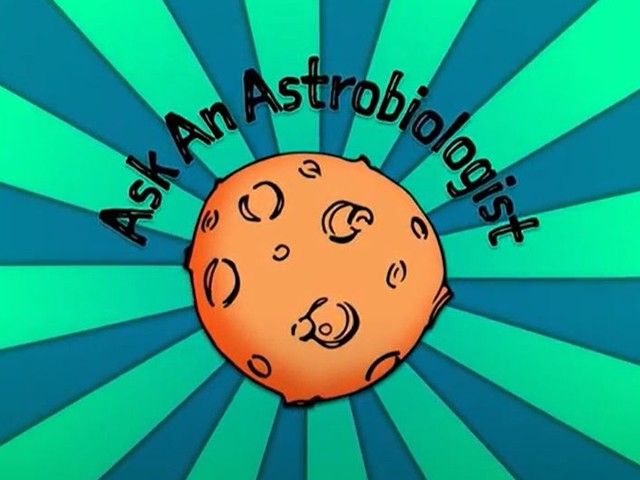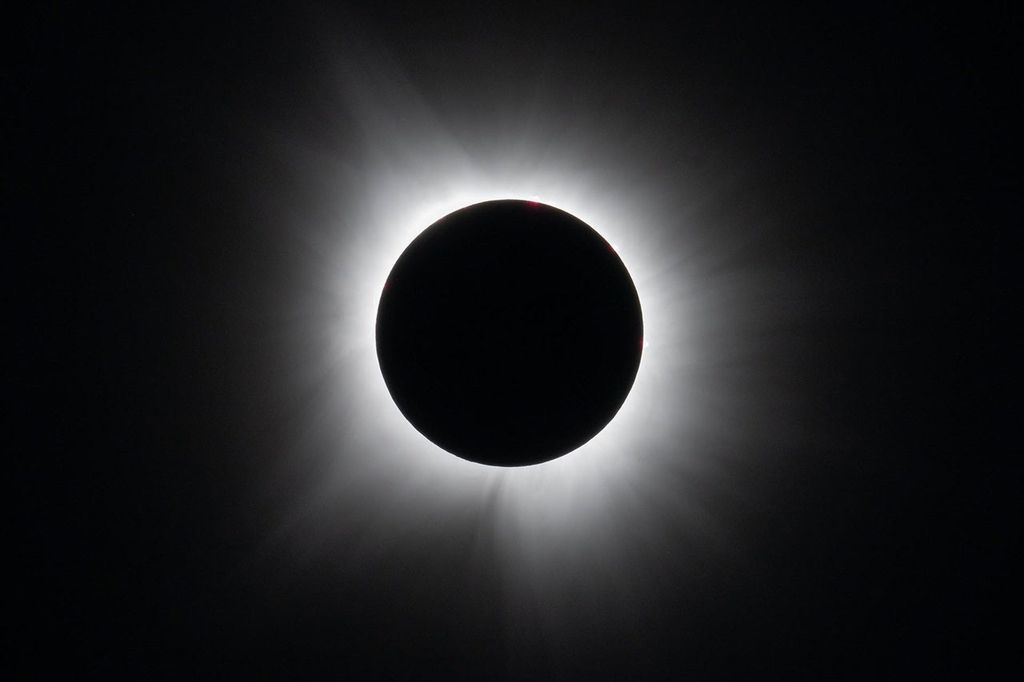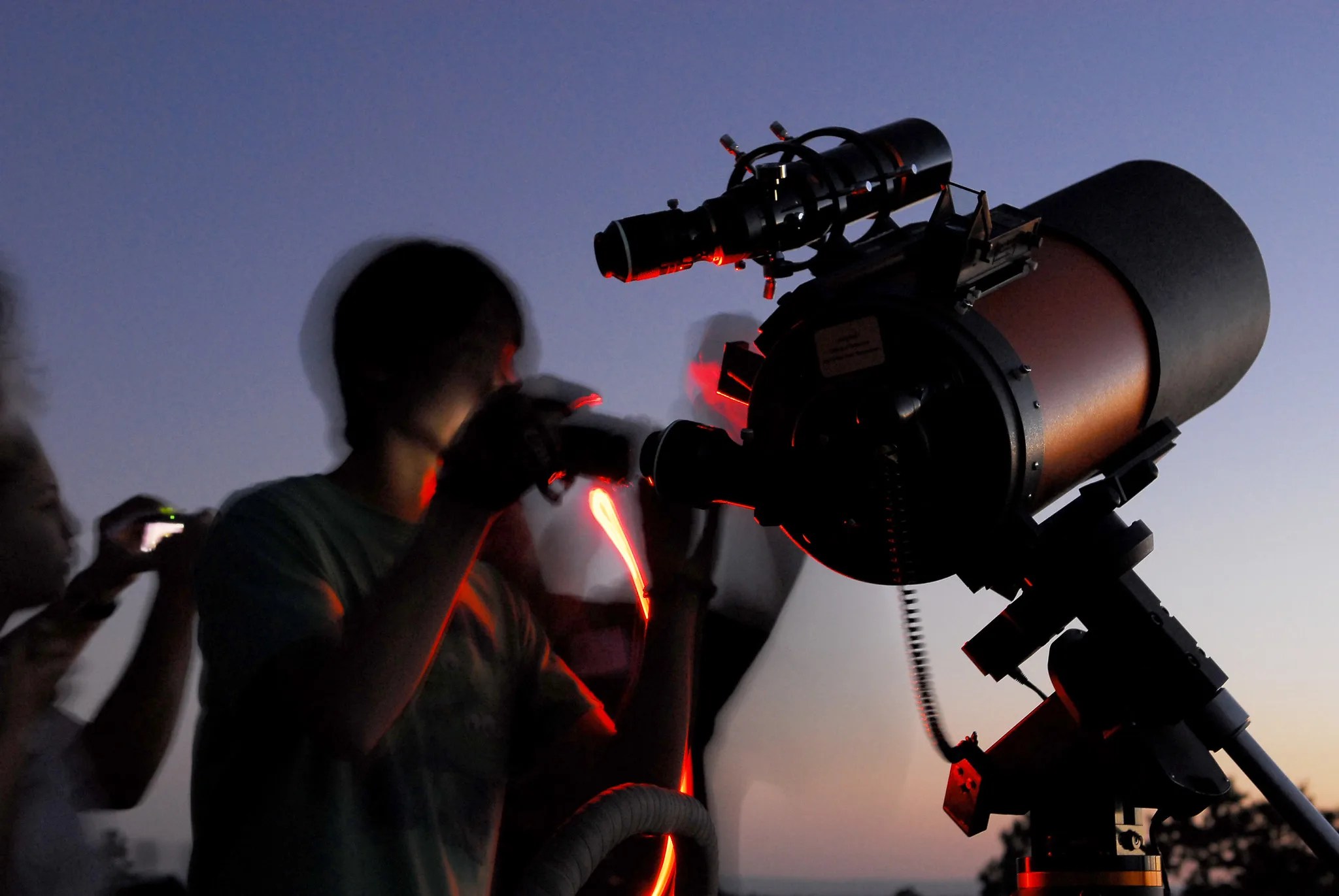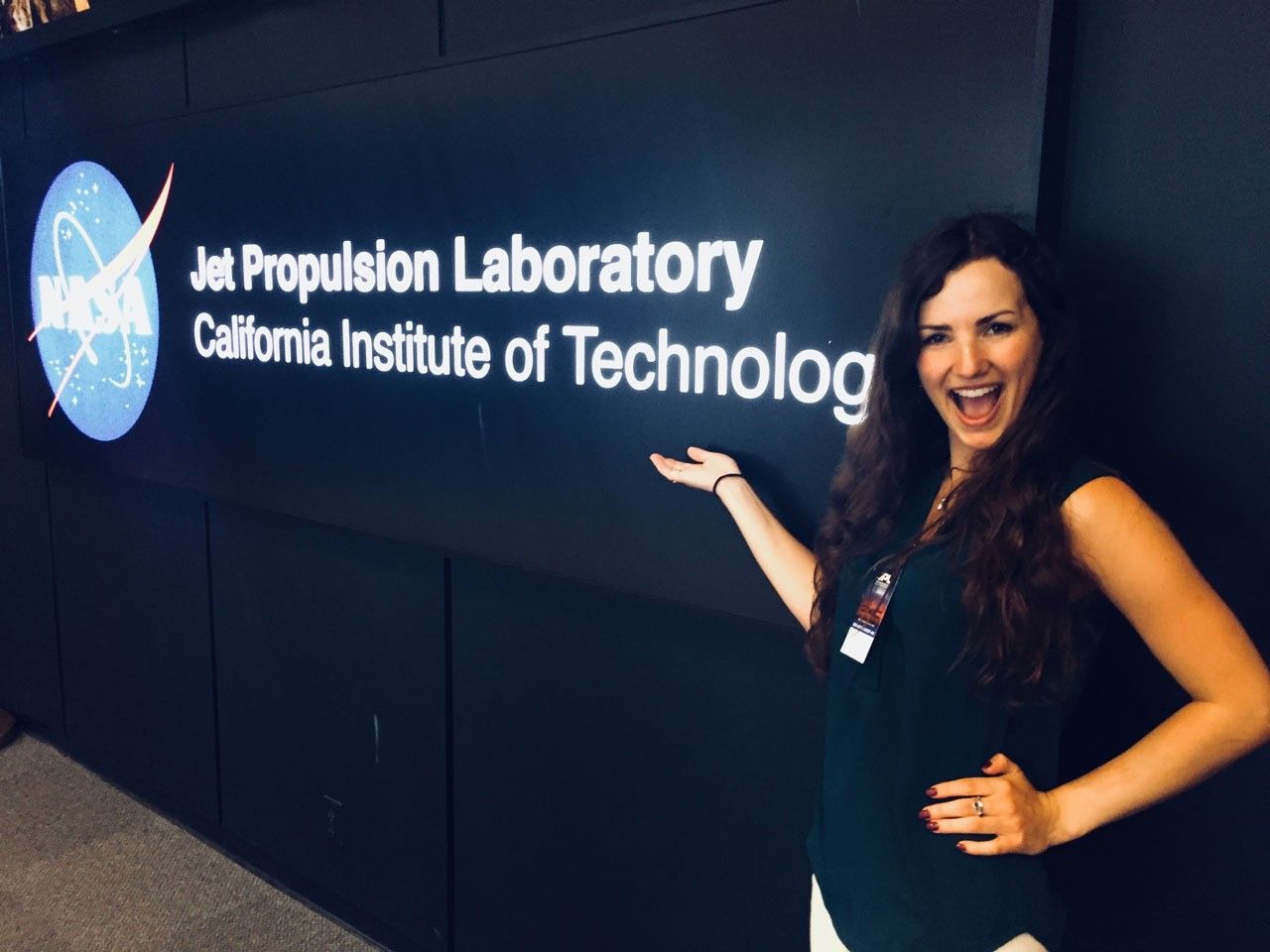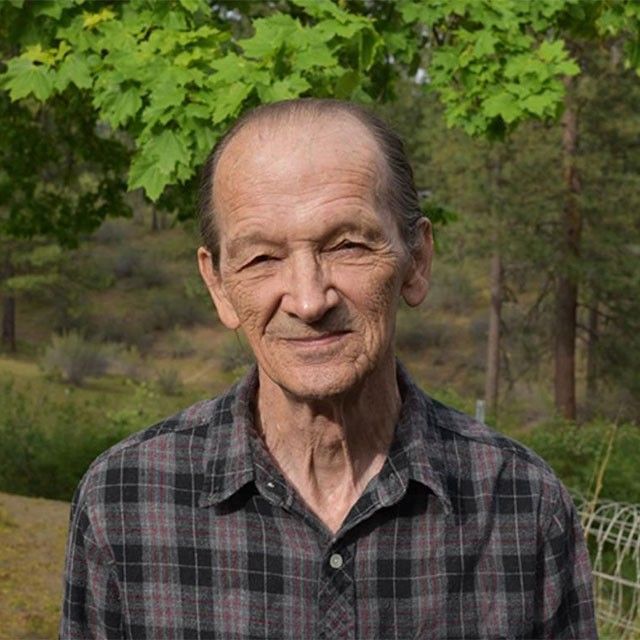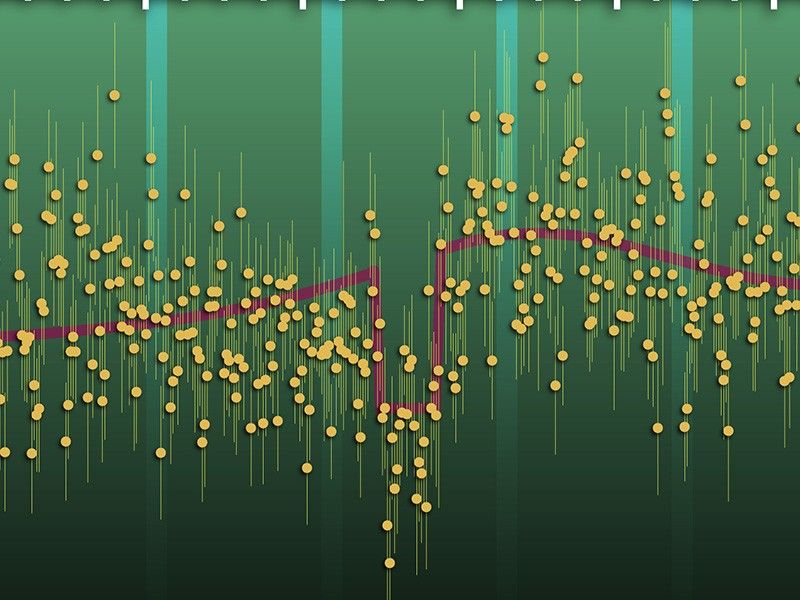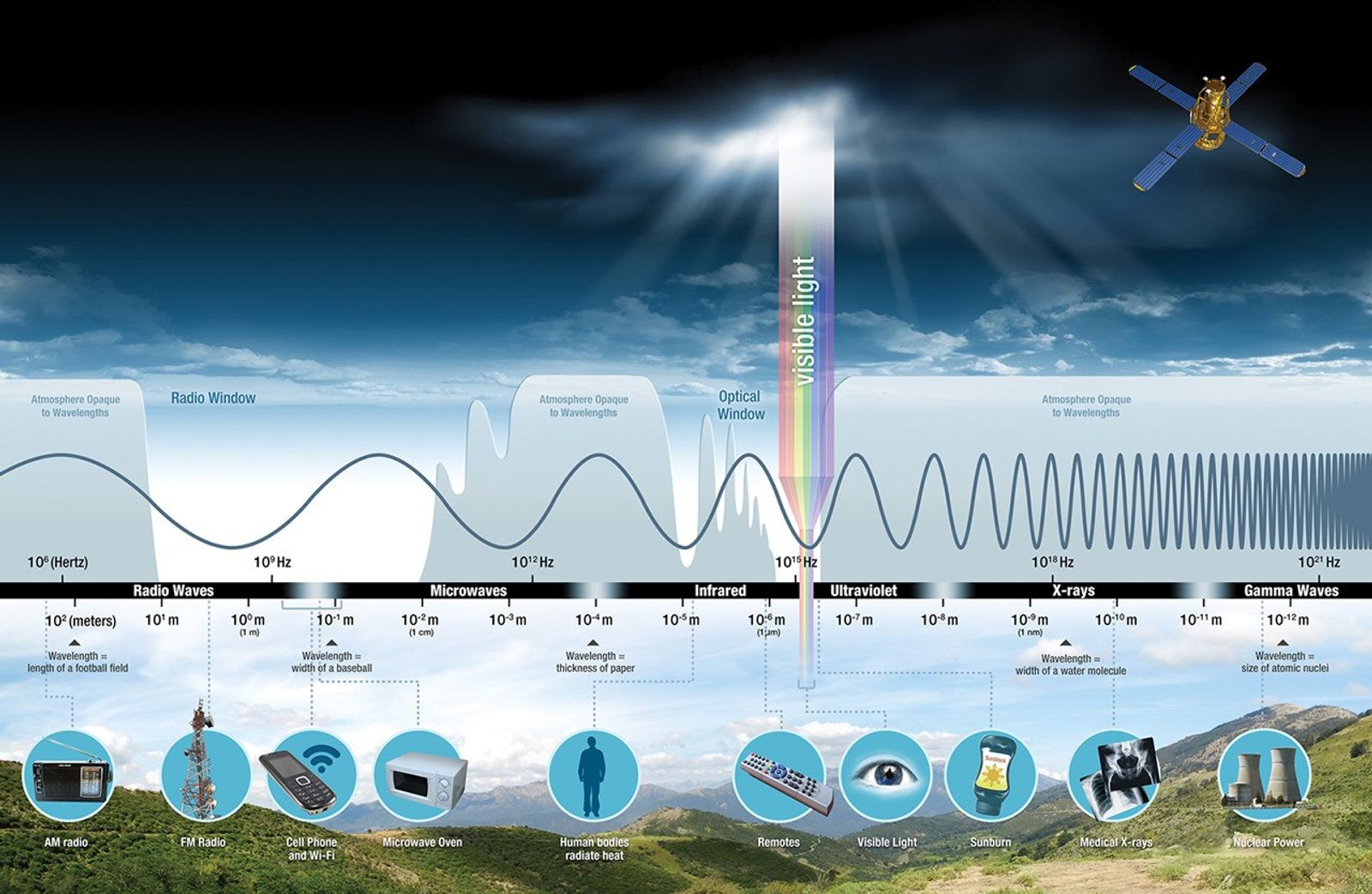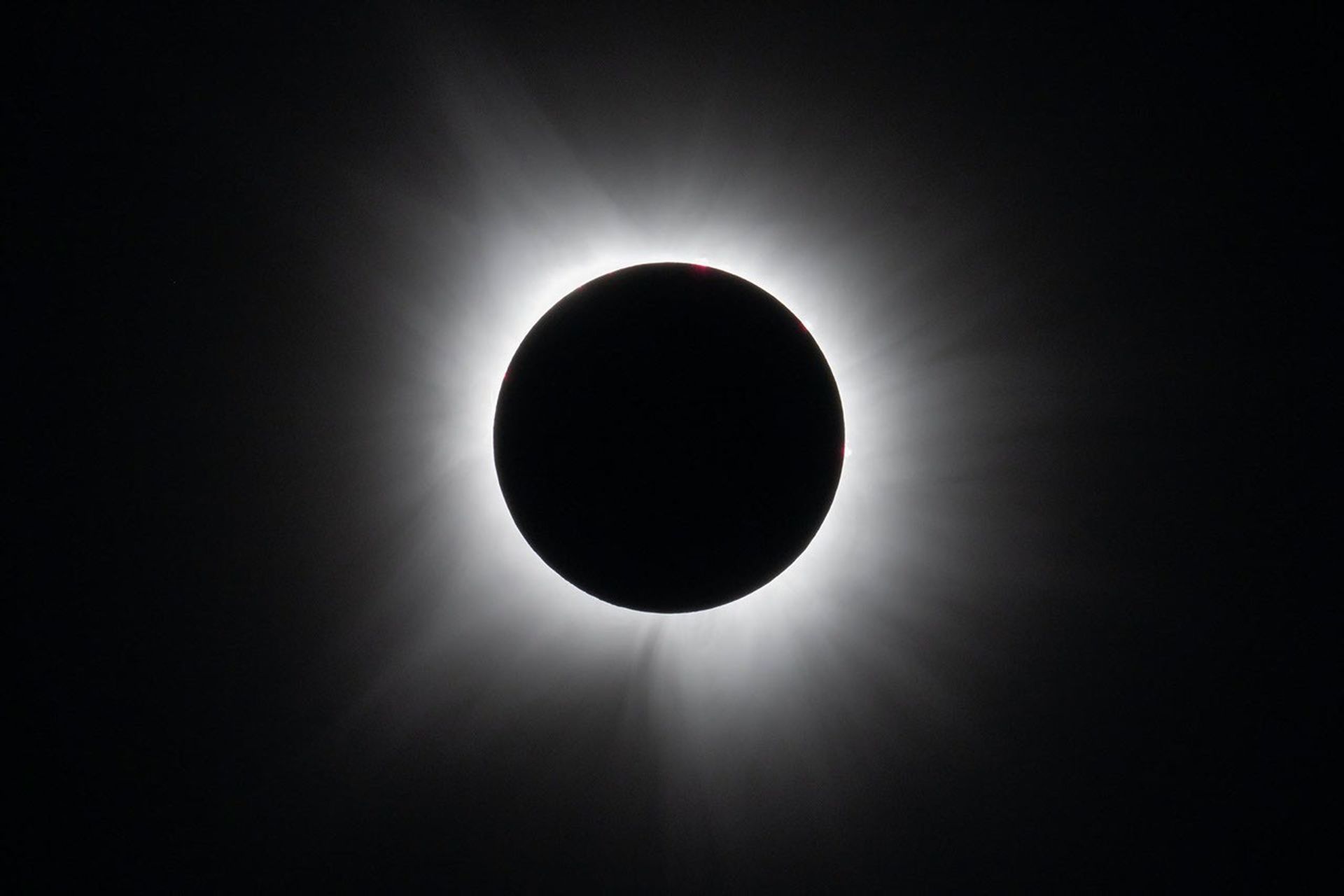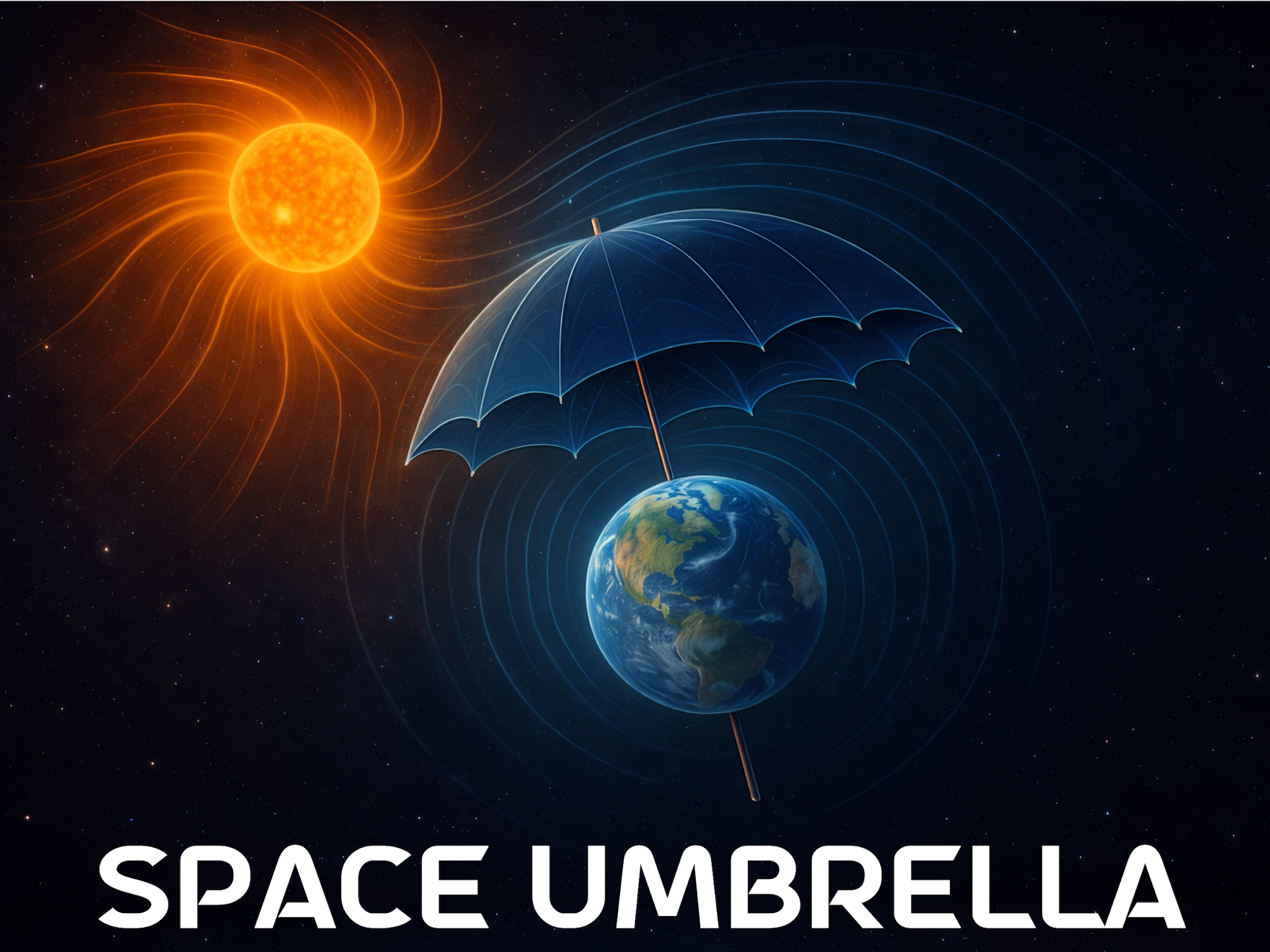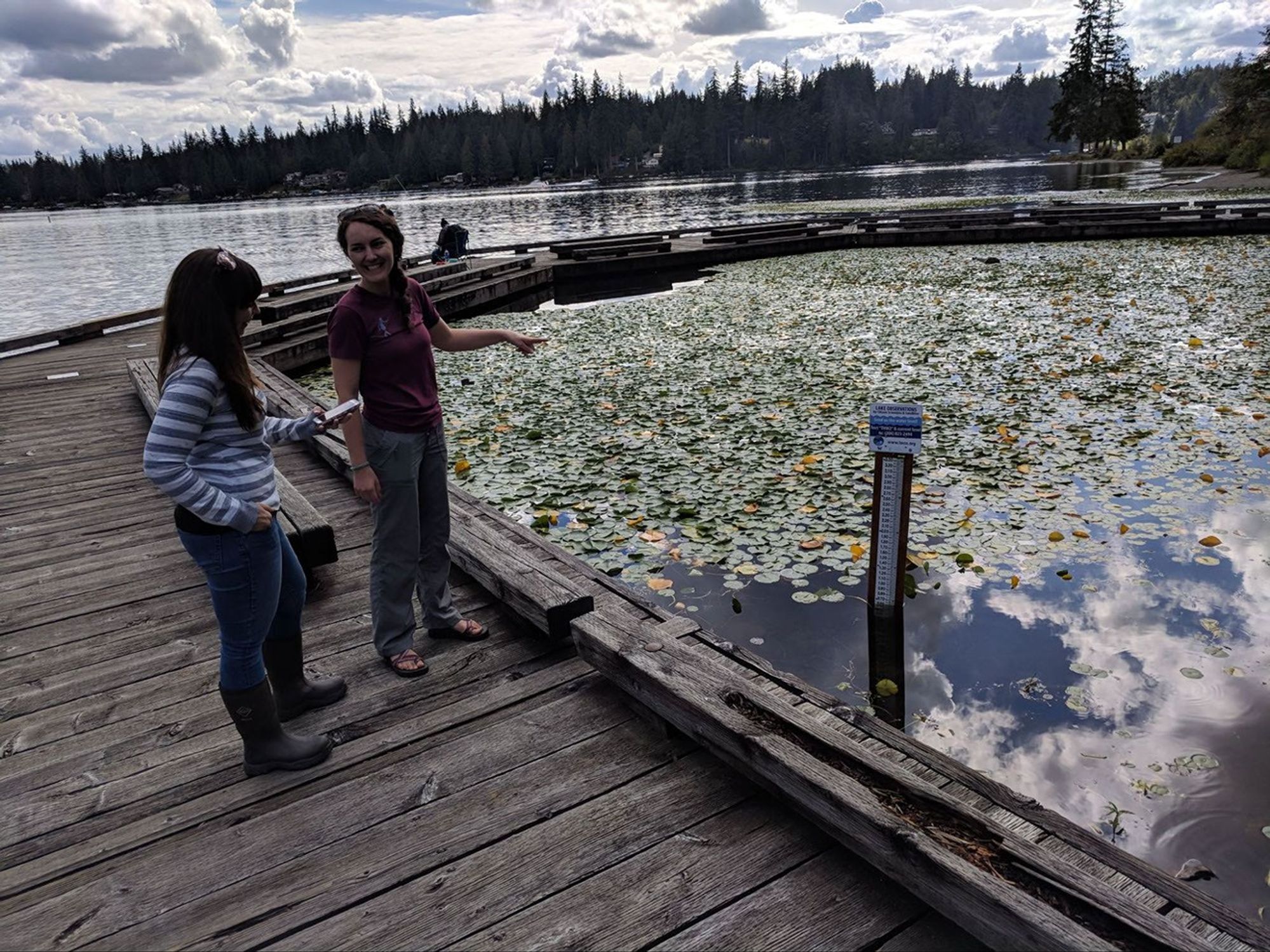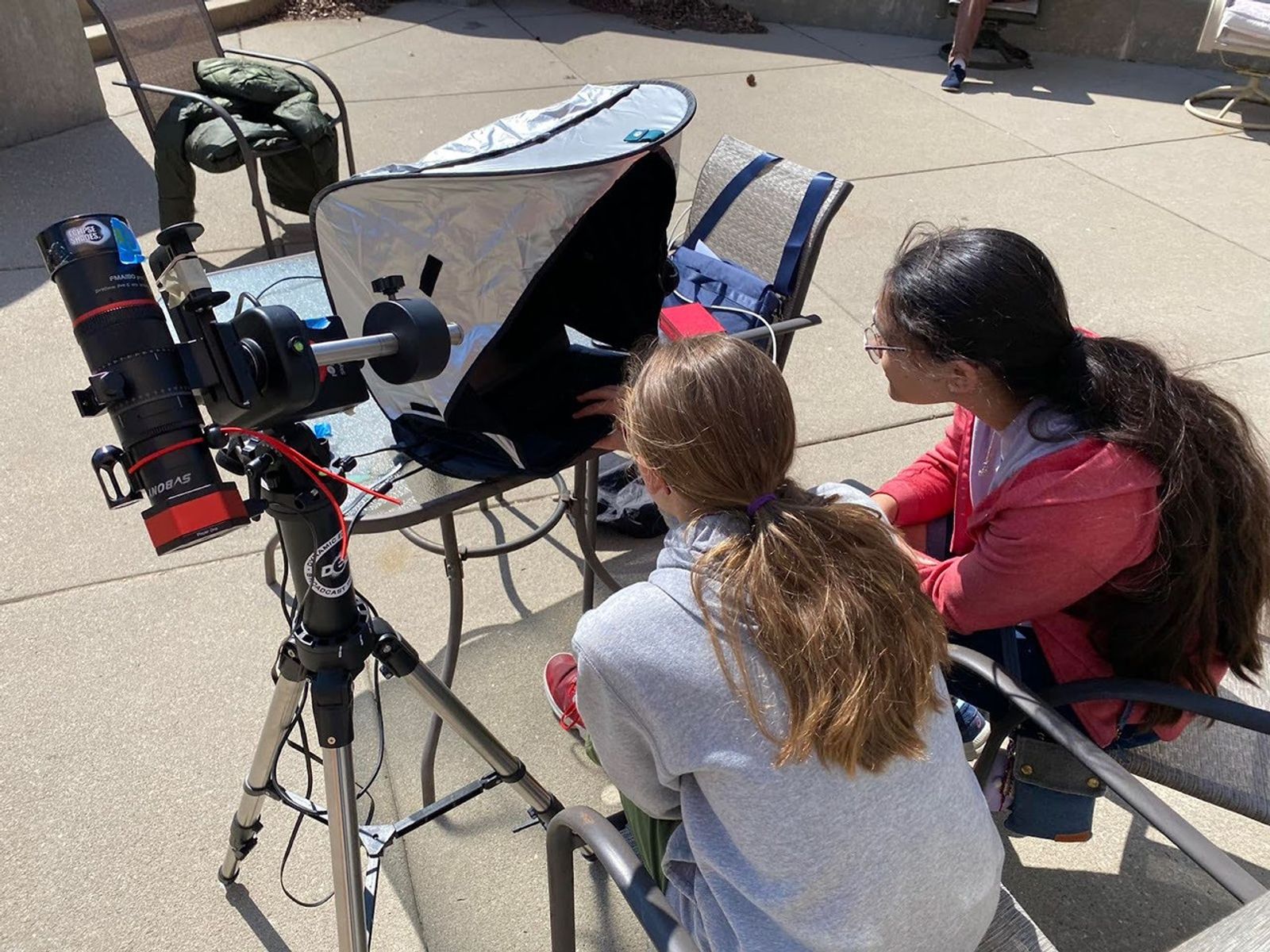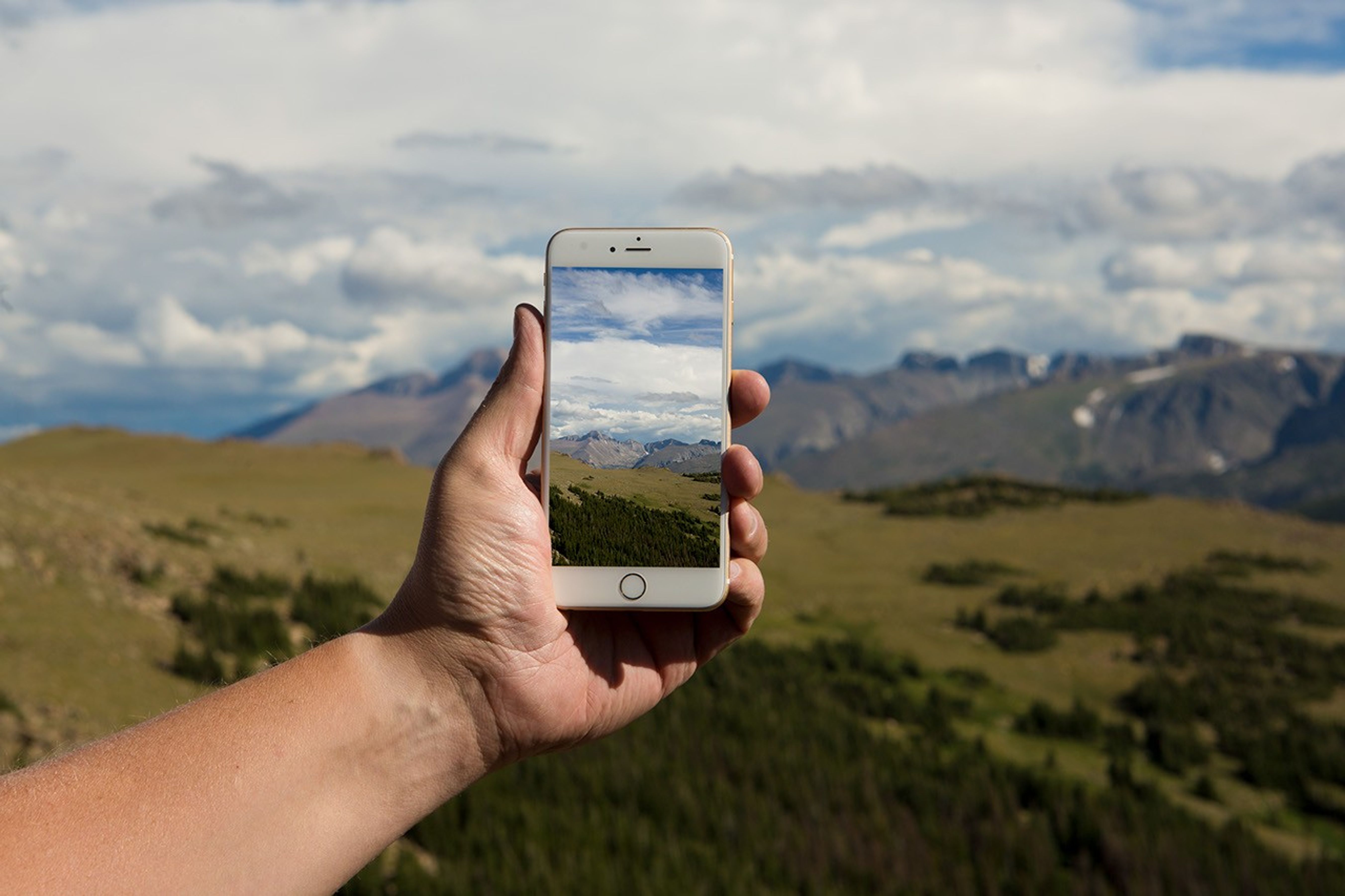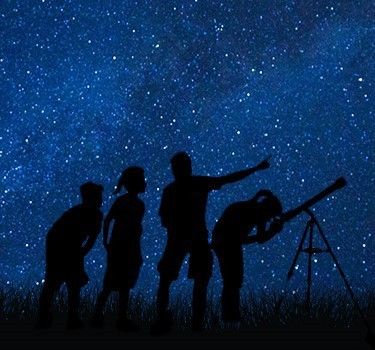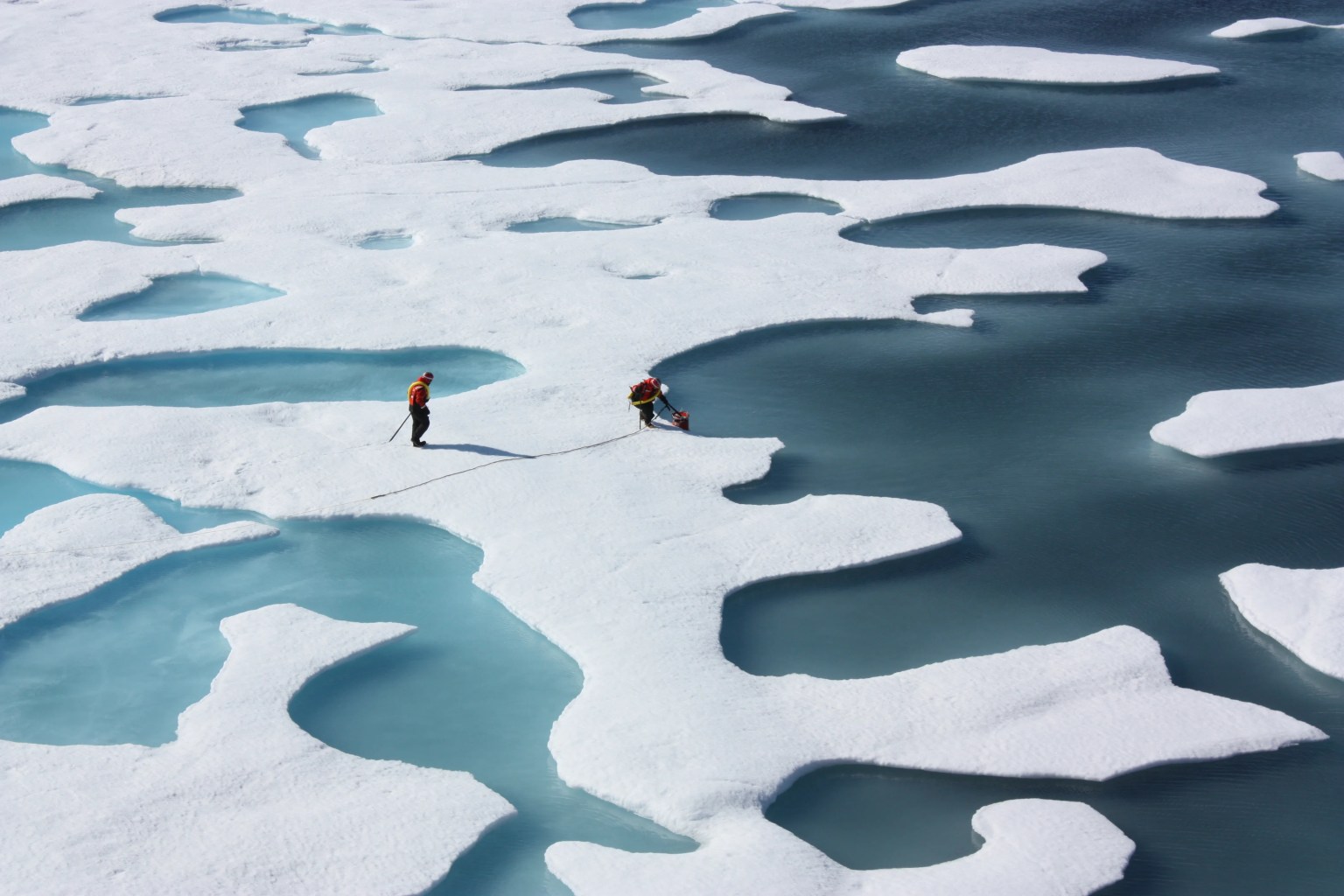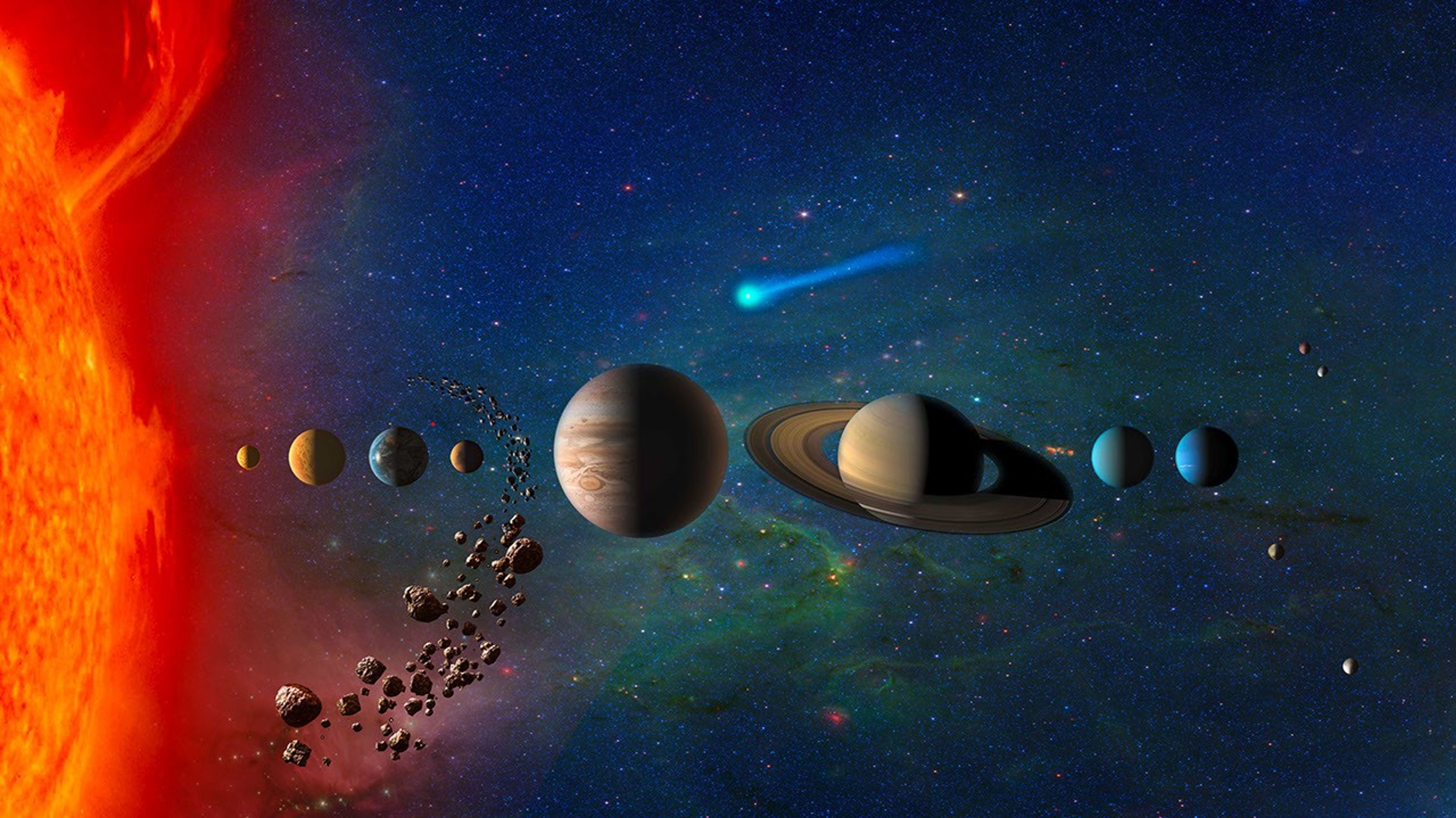Meet the citizen scientists
2026 NASA Science Calendar
Welcome to the 2026 NASA Science Calendar! Download our latest calendar and wallpaper backgrounds for your desktop or mobile device, and discover the fascinating science behind the images featured each month
Start Exploring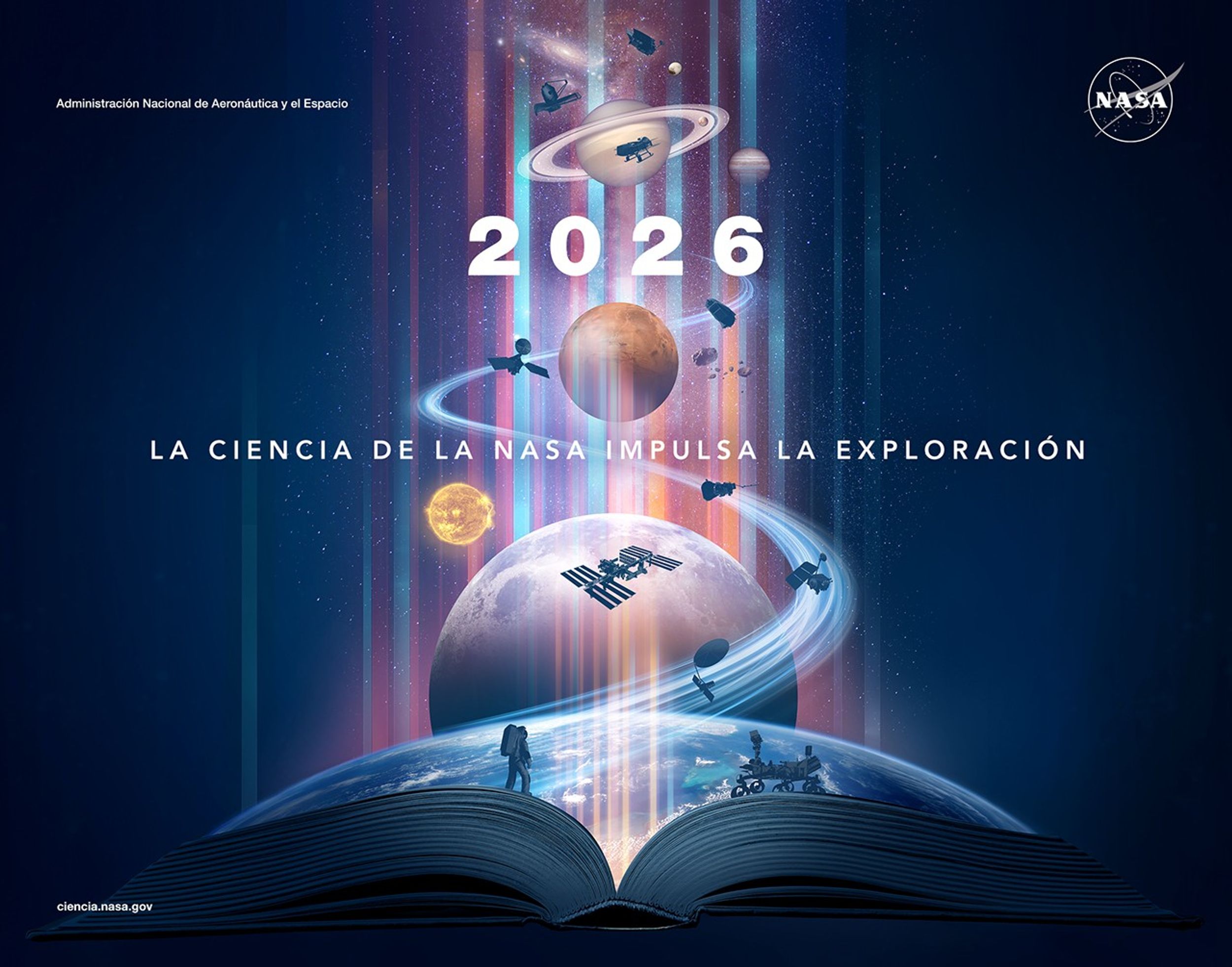
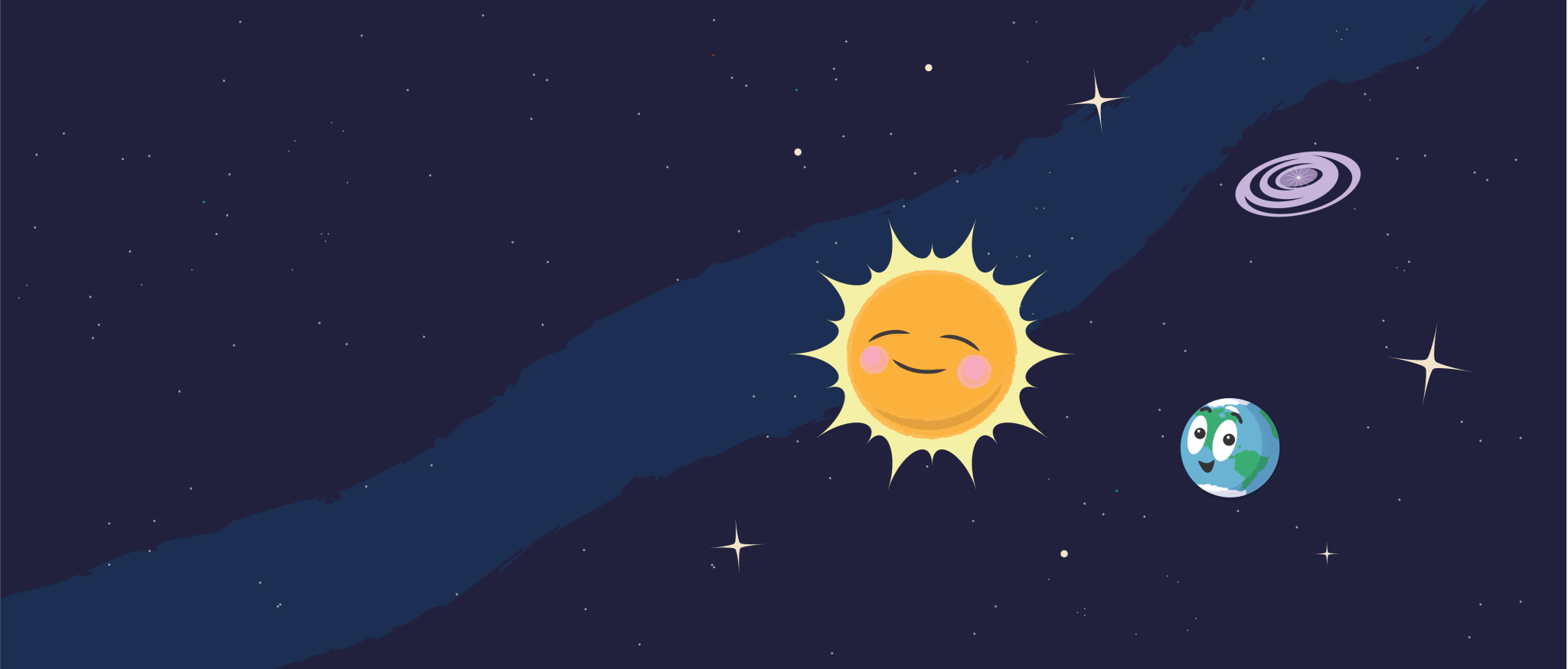
Hubble's Night Sky Challenge
Do you have a telescope? Would you like to see some of the same night sky objects from the ground that Hubble has from space? We invite you to commemorate Hubble’s 35th anniversary by accepting our year-long stargazing challenge.
Learn how you can participate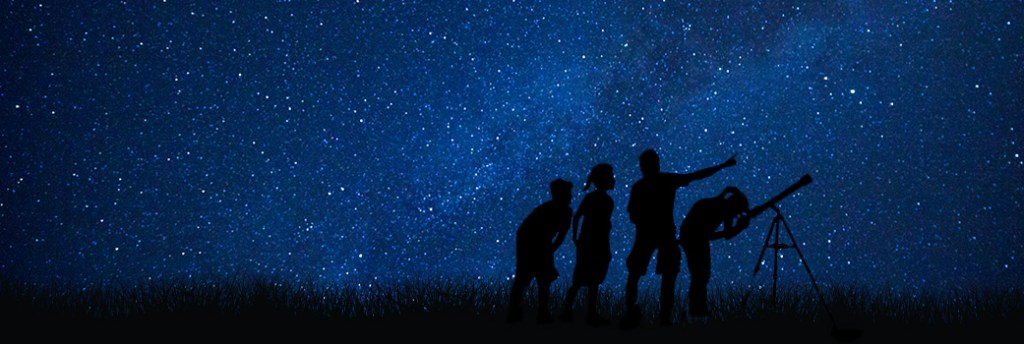
How Can I Get Involved with NASA Science? We Asked a NASA Expert
Want to do real NASA science? You can. Right now, dozens of NASA projects need your help. From spotting asteroids to searching for planets beyond our solar system, and so much more, there are projects for everyone. And you don’t need a PhD to get involved, just your curiosity!
Check out our Citizen Science ProjectsThe Art of the Night Sky: Tips for Photographing Stars and Auroras
-
NASA’s Guide to Finding and Photographing Auroras
Auroras are one of our night sky’s most dramatic spectacles. With modern cameras and smartphones, photographing these beautiful displays is easier than ever. Digital camera sensors are incredibly sensitive and can even allow you to record auroras you can’t see with the naked eye.
-
Astrophotography With Your Smartphone
Ever dreamed of capturing the Milky Way, a blood-red eclipse, or a colorful nebula? While many astrophotos require time, pricey gear, and travel, anyone can do astrophotography—even with a smartphone. Yes, really!
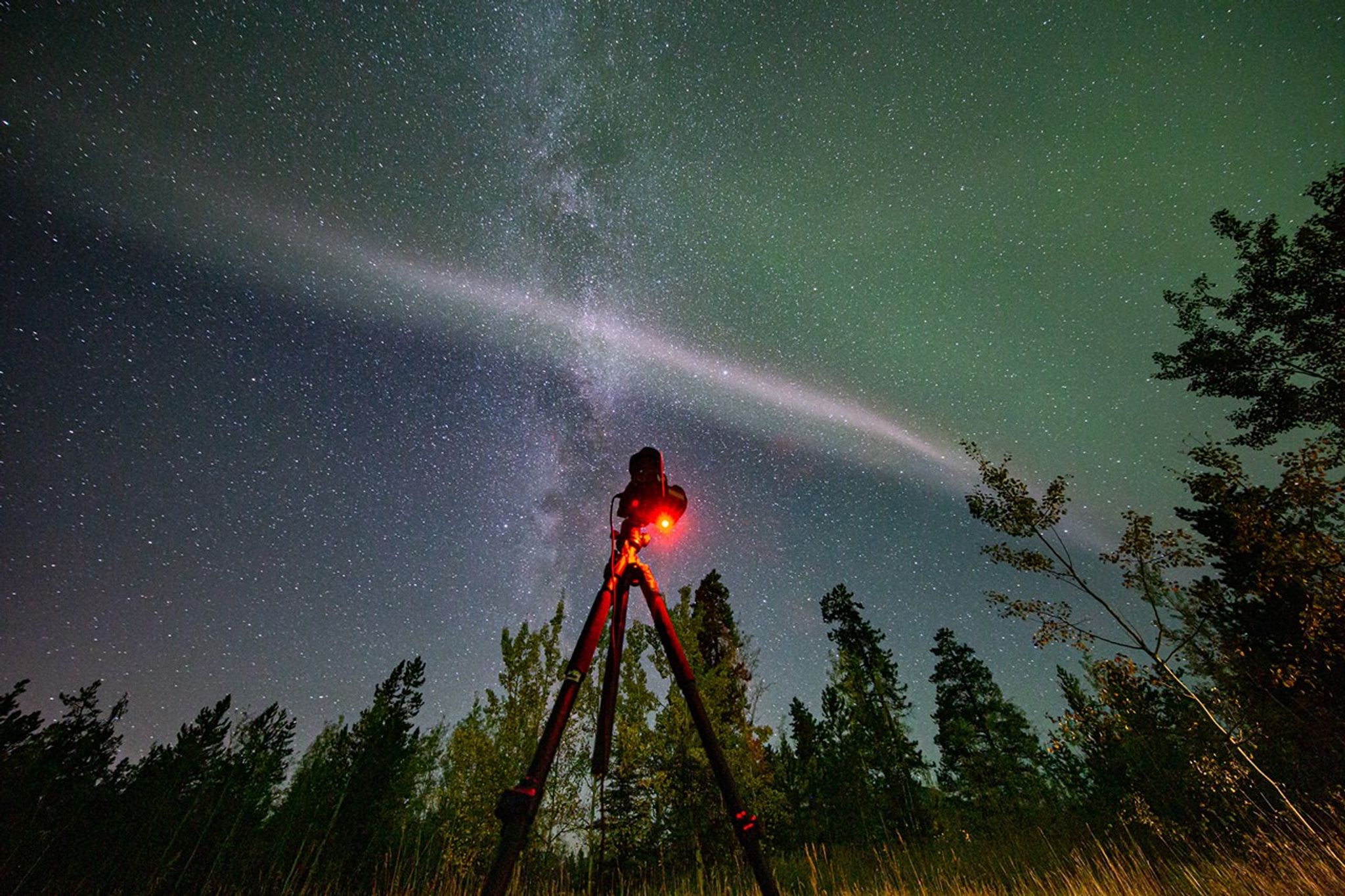
Open Science at NASA
NASA is making a long-term commitment to building an open science community over the next decade. Open-source science is a commitment to the open sharing of software, data, and knowledge (algorithms, papers, documents, ancillary information) as early as possible in the scientific process.
More about Open Science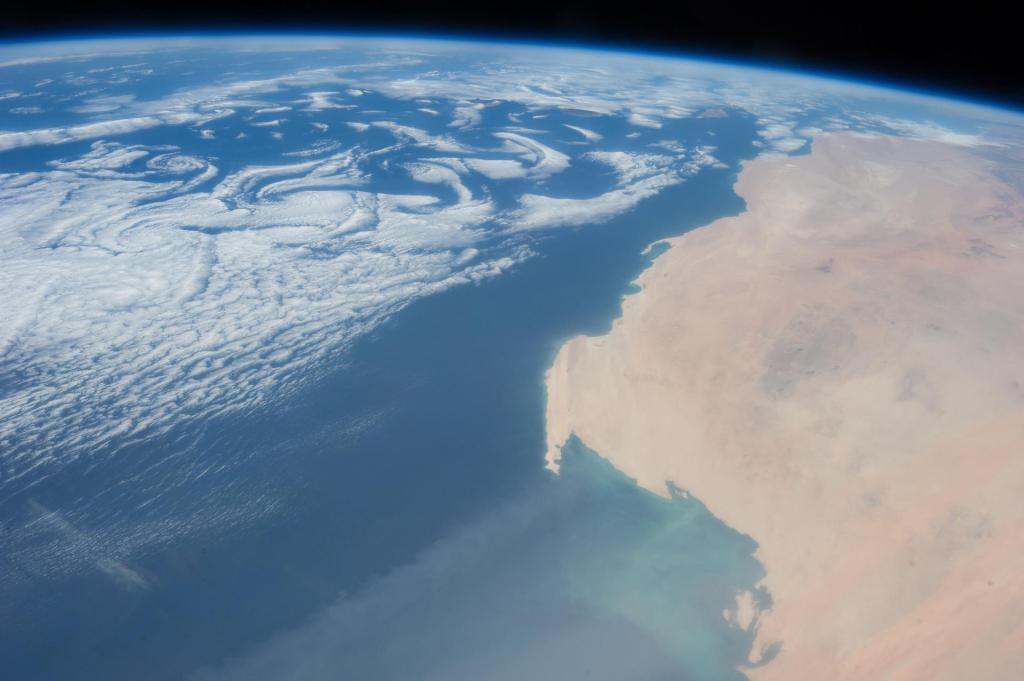
NASA Science Live
From remote locations on Earth to the depths of outer space join the conversation live each month to interact with NASA experts and watch as they reveal the mysteries of our solar system and beyond
Watch episodes about NASA Science Live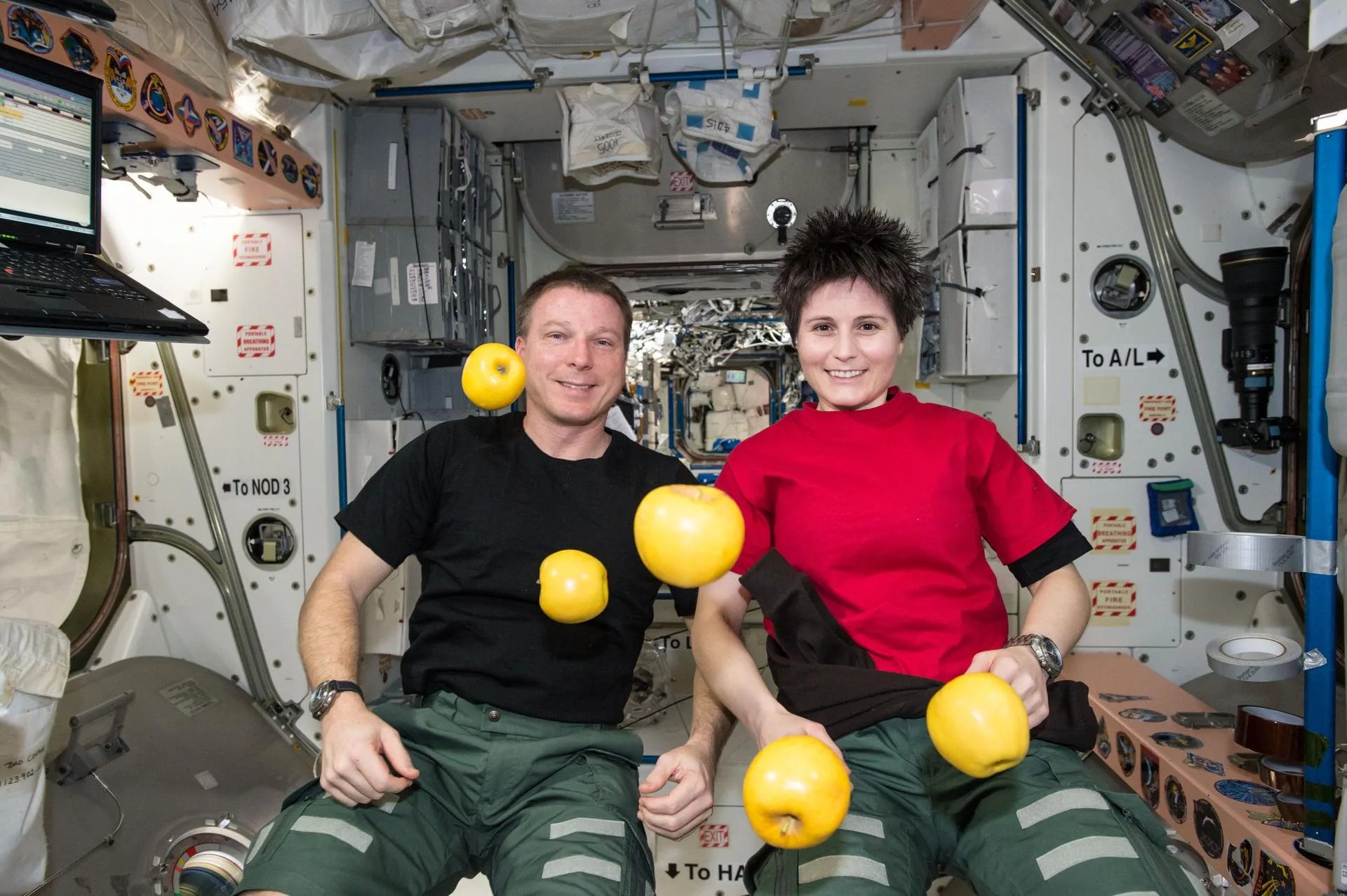
Explore Inspiring Imagery
Science Stories
Ask NASA
There are several options to find answers and ask questions of NASA scientists
Ask a Scientist